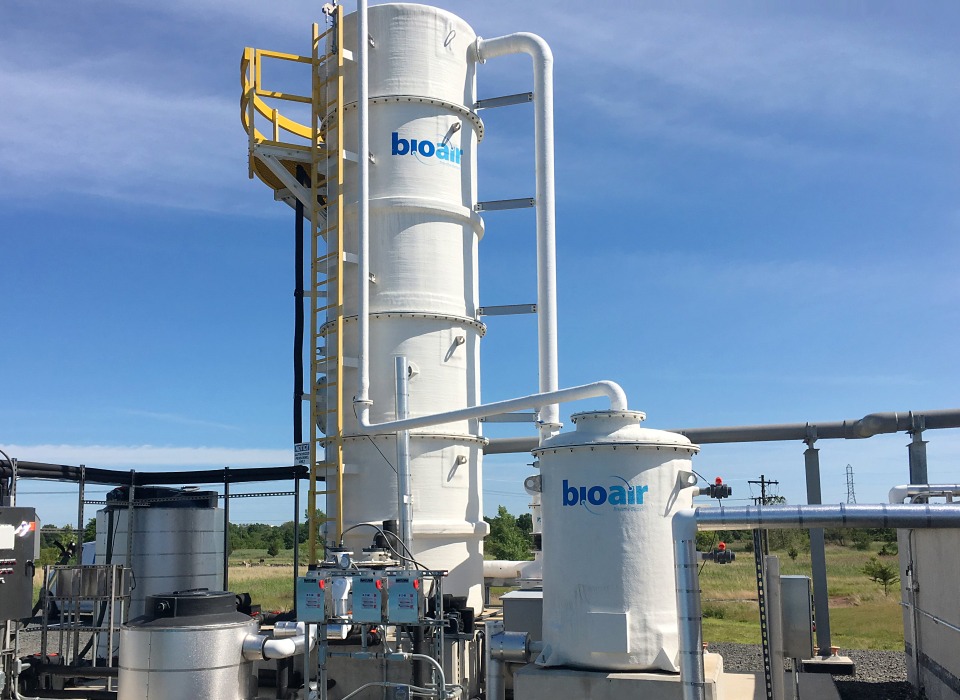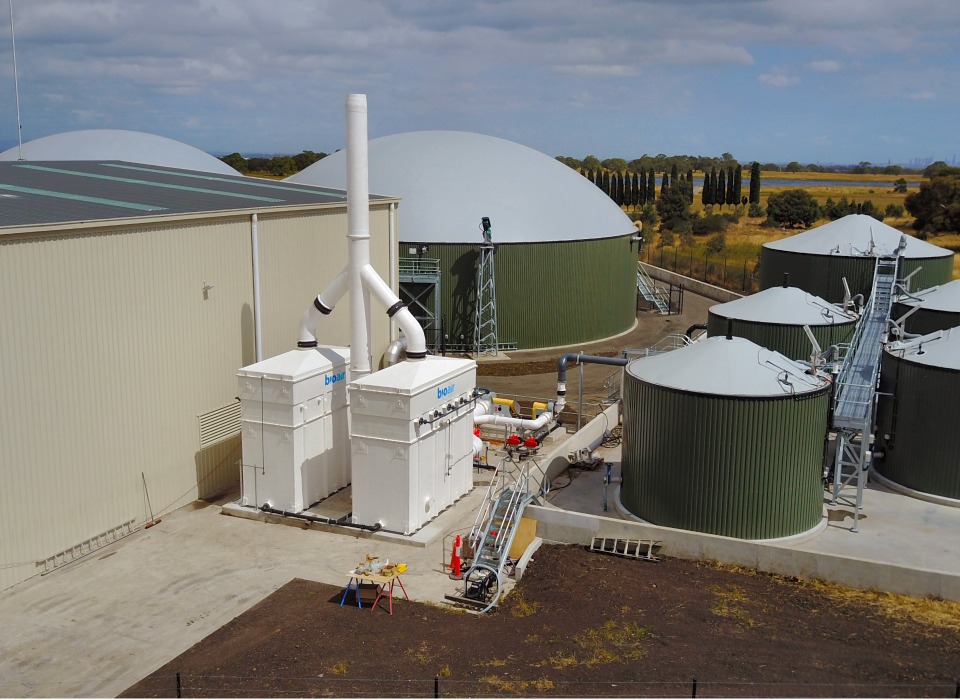In industrial facilities, conversations about carbon footprint and greenhouse gas (GHG) emissions are inevitable. Serious GHG regulation feels imminent in many regions — in others, restrictions are already tightening.
But no two industrial companies are the same, and nobody should expect radical operational changes across the industries driving our global economy to happen overnight. Reducing global industrial carbon emissions will happen in a series of steps — we’re already seeing some companies taking the early ones.
Below, we examine the path toward a reduced carbon footprint from the perspectives of two very different customers. One is a global energy powerhouse and among the leading producers of gasoline worldwide. The other is a family-owned meat processing plant in the northeastern U.S.
A forward-thinking industry leader responds to global pressure
When it comes to environmental issues and the worldwide movement toward more sustainable commercial practices, large fossil fuel companies find themselves in the global spotlight.
GHG-concerned fingers point often at fossil fuel companies. They’re an easy target for criticism surrounding environmental sustainability, and people latch on to them as a representation of our environmental problem.
But fossil fuels are a necessary part of our global energy picture, despite their significant contributions to global GHG emissions from refineries and related infrastructure. And some of these companies are starting to recognize that a transition toward sustainability can fuel their growth rather than suppress it.
Sustainable expansion proves there’s a better way
An oil and gas powerhouse wanted to expand one of its facilities. This would require VOC treatment equipment to meet current emissions regulations. These facilities typically produce high volumes of benzene (C6H6), ammonia (NH3) and hydrogen sulfide (H2S), among other odorous and regulated compounds.
For a company that wants to take its carbon footprint seriously, this type of project acts as a strong litmus test. The most common method for VOC treatment in heavy industry is to burn the VOCs with regenerative thermal oxidizers (RTOs). But RTOs emit carbon dioxide (CO2) at high volumes.
It can feel safe to stick with what you’re used to (in this case, RTOs). Often, industrial companies avoid installing unfamiliar capital equipment due to worries about implementation or ROI.
But this facility decided on a bolder path forward. They chose to implement BioAir’s EcoClear® technology — a decision that reflects multiple paradigm shifts.
- Selecting a biological solution indicates a willingness to position sustainability as an achievable corporate goal
- Moving away from the technology of the past recognizes that positive change is possible
- And the EcoClear® biological reactor to treat VOCs will operate at a fraction of the carbon footprint and zero reliance on fossil fuels.
And their mindset shift will produce tangible financial benefits as a reward. Although the initial capital expense is similar to RTO systems, EcoClear® uses almost no energy to operate. This provides an economic savings for years into the future while also reducing fossil fuel consumption and the related environmental impacts.
Rather than waiting for global talk of GHG crackdowns to turn into actual regulatory measures, this industry leader wants to push its field forward and set an example. If it can leverage the success of one project into a few more similar steps, it will make serious progress towards its carbon footprint reduction goals.
Family-owned meat processor sees financial gains in sustainability project
Global pressure and the desire to minimize ecological impacts aren’t the only ingredients for a carbon-cutting project. Most companies seek sustainable technologies when they’re looking for more cost-effective equipment than what they’re used to.
And the gains aren’t reserved for global powerhouses only. Enter: a meat processing plant in Pennsylvania.
A meat processor mirrors an oil refinery in some simple ways. They start with a resource with a lot of unwieldy utility, similar to a refinery’s crude oil, and they break that resource down into multiple useful products. Refineries have found uses for almost every ounce of crude oil. But animals are more complicated resources, and meat processing generates a lot of biological waste.
Animal waste management is typically hard work with limited return. Most meat processors haul the considerable volume of waste to treatment facilities that burn energy to process the waste and burn the off gases with flares — a costly process with high GHG emissions.
But this meat processing plant is thinking differently. An eye toward sustainability turns this “waste” into a resource of its own. With such a high volume of organic material, the meat processor realized that a waste-to-energy expansion of their facility was not only feasible but promised valuable efficiency gains.
Waste-to-energy projects require a significant investment of time and money. But through this dedication to sustainable technology, the meat processor will mitigate its reliance on energy they purchase at increasingly volatile prices.
And they’ve leveraged a forward-thinking, sustainable attitude throughout the entire project. Rather than treating the inevitable odors with chemical scrubbers, which rely on hazardous chemicals, they’re opting for a safe and sustainable solution. BioAir’s EcoFilter® biotrickling filter controls the plant odors without any negative environmental impact.
Building the foundation for a more sustainable financial model was the meat processors goal. A significantly reduced carbon footprint happens to be a beneficial byproduct.
What’s the easiest first step toward a smaller carbon footprint?
Connecting with a company that has expert knowledge and experience in odor, emissions and carbon footprint control is a good first step.
For industrial companies in heavy industries or municipalities handling waste, reducing your carbon footprint is a long-term goal accomplished in stages. BioAir has developed biological alternatives to conventional approaches for well over a decade. While some biological technology is new to the market, other innovations have made an impact for years.
Companies desiring sustainability and carbon footprint reduction have more game-changing options at their disposal than ever before. If you want help identifying what’s best for you, just ask.
Want to start a conversation about more sustainable air treatment?
Get in touch with us. We can share results of past projects, talk through some easy first steps your facility could take to reduce their carbon footprint or get to work in earnest on engineering the best-fit equipment for you.
The companies described above are just two among thousands whose carbon footprint awareness has motivated bold action. More and more, these firms are finding that sustainable solutions are the most sensible.


